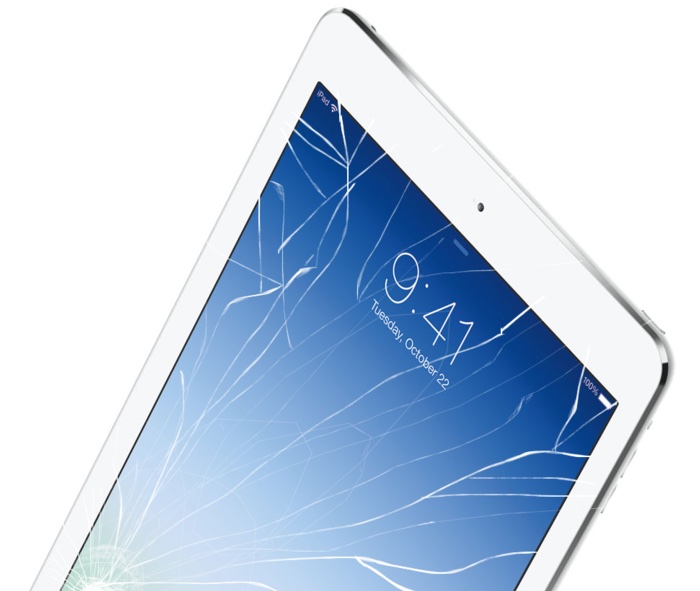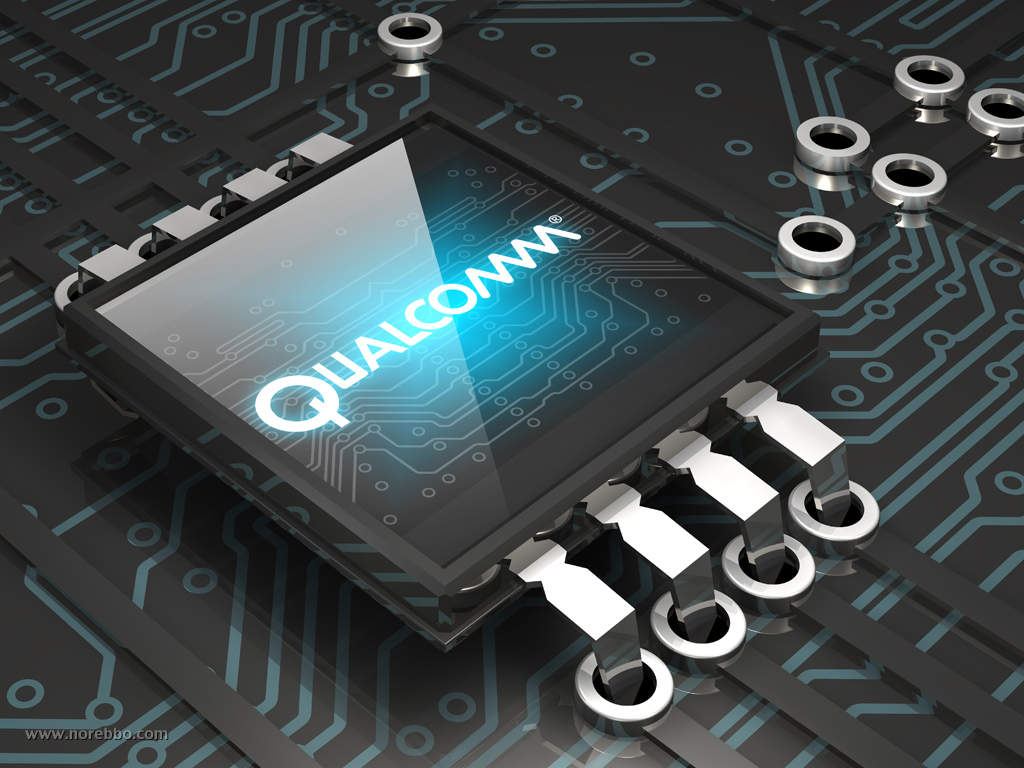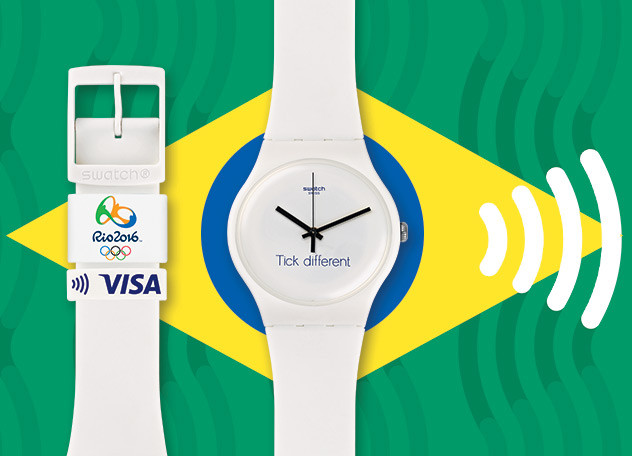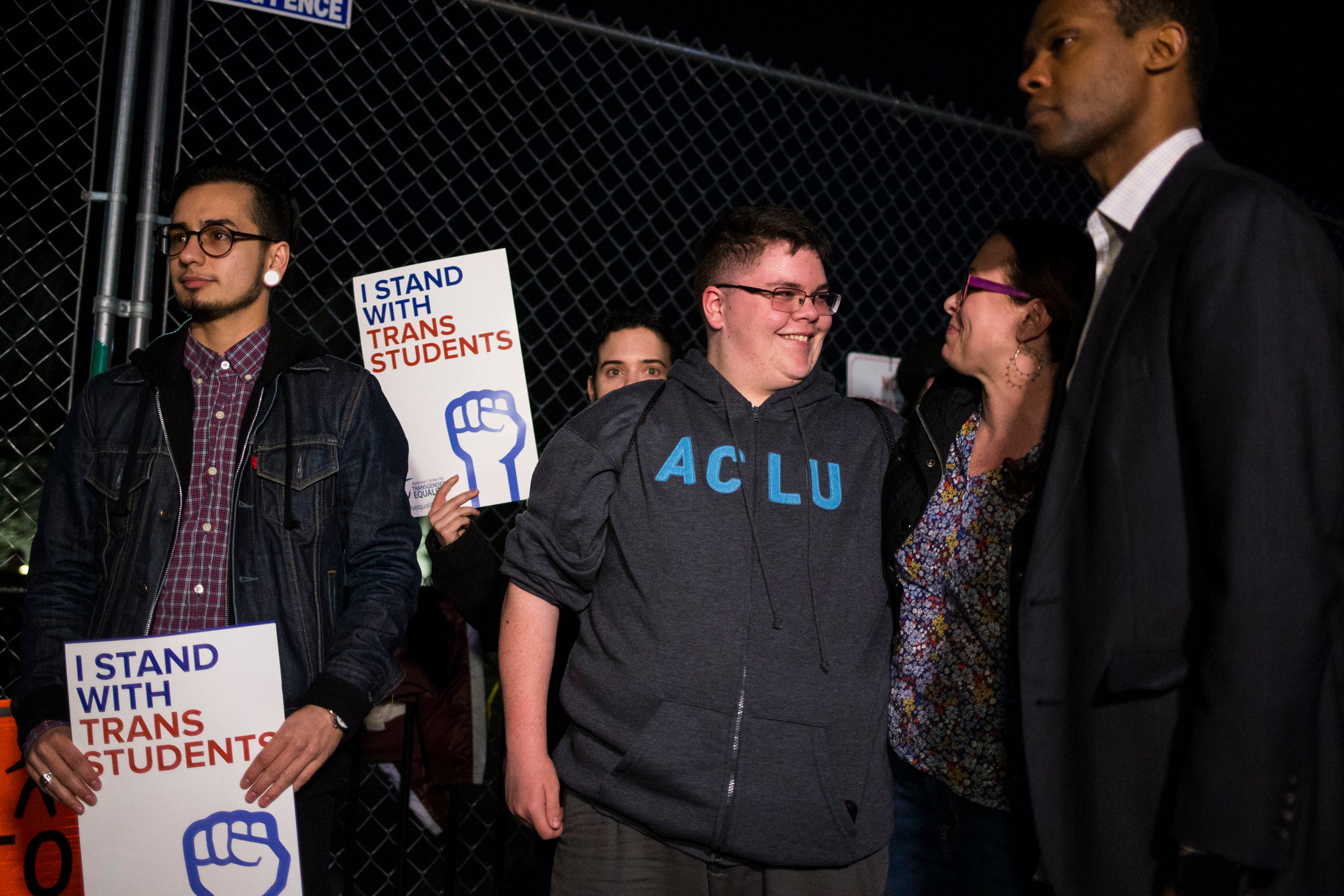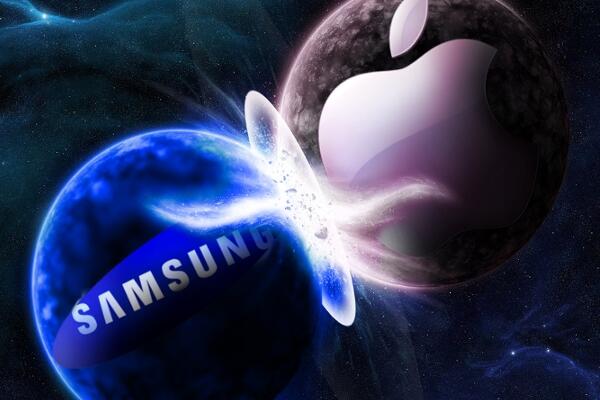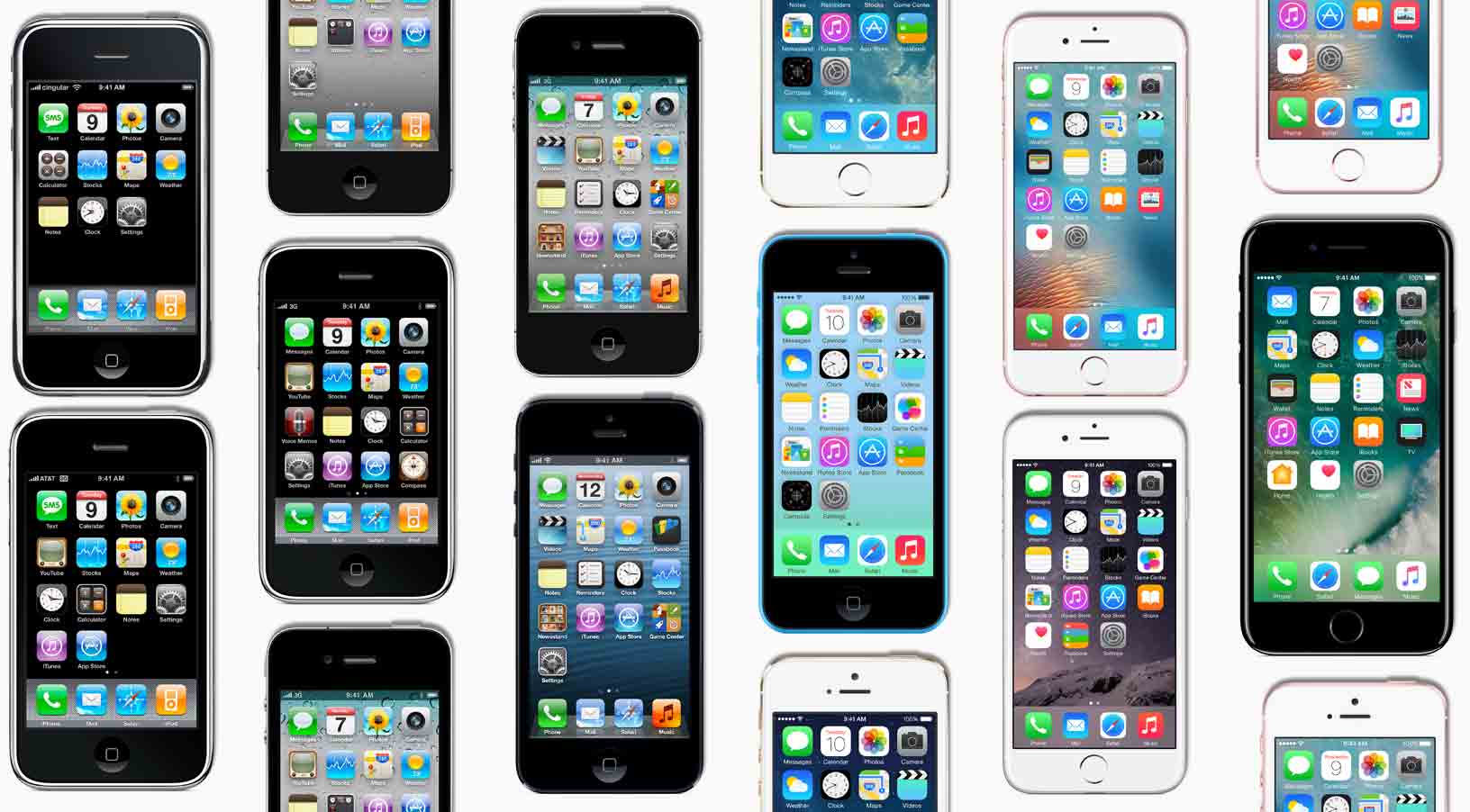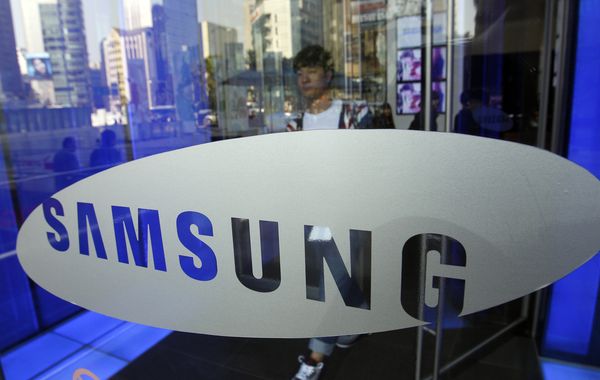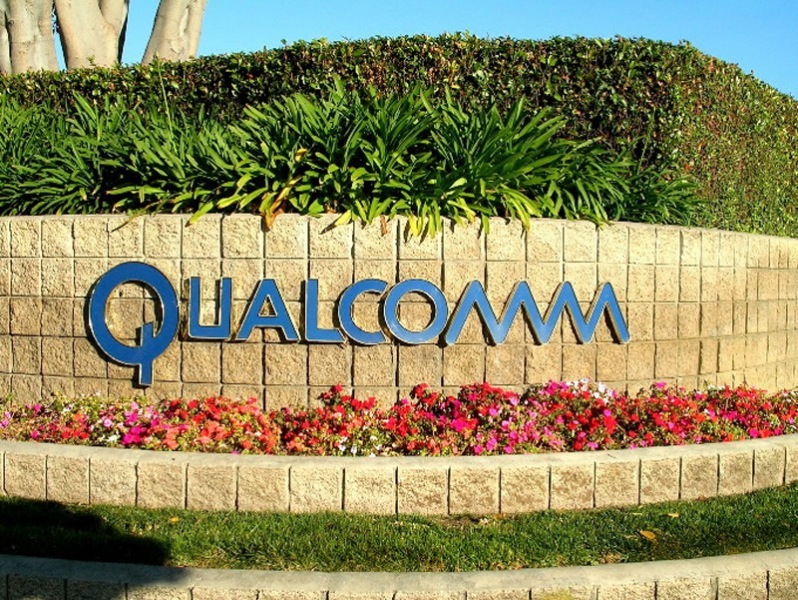Chinese consumer electronics and smartphone maker Xiaomi has acquired a swathe of patents from Nokia. According to an announcement yesterday, the multi-year patent agreement includes a cross license to each company's cellular standard essential patents.
Xiaomi also acquired patent assets from Nokia for an undisclosed sum as part of the transaction. Since its inception seven years ago, the Chinese firm has applied for over 16,000 patents, of which about 4,000 have been granted to them.
“Our win-win patent agreement with Nokia after months of negotiations is a significant milestone for Xiaomi,” Wang Xian, Xiaomi's Senior Vice President, wrote on Twitter.
The two firms will also co-operate on a wide range of strategic projects, including network infrastructure, optical transport solutions for datacenter interconnect, IP routing based on Nokia's newly announced FP4 network processor and a data center fabric solution.
The companies will join forces to “explore” VR and AI technologies, too.
The latest move gives the Chinese startup access to some cool Nokia technologies while providing legal shelter from possible lawsuits as Xiaomi looks to expand internationally.
The company's smartphone shipments declined 15.6 percent to 61 million units in 2016, down from a peak of 70 million units in 2015. Xiaomi has pledged to build a thousand retail stores in China by 2019 to ramp up sales.
In May, Nokia signed a similar deal with Apple following licensing disputes in the US and Europe which eventually led to the removal of Nokia's Withings-branded products from Apple Stores. Putting an end to all litigation, the Apple-Nokia multi-year patent license also entails providing “certain network infrastructure products and services" to Apple.


